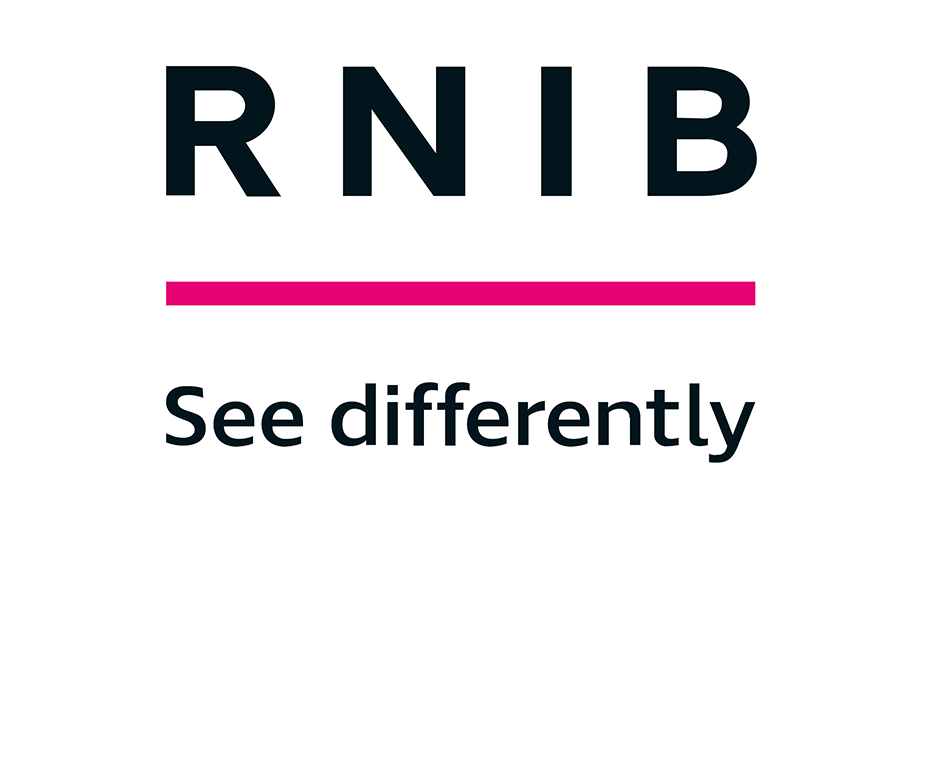
In my early days in HR and Organisational development, I came across Stephen Covey’s 7 habits and it was perhaps the most powerful learning experience that I had in HR (well, one of the top 5 anyhow – the experience on Land Rover assembly as Industrial Relations Officer aged 22 was certainly a steep learning curve; as was managing in the NHS)!
Anyhow, many years on I still mentally refer to his text and pose questions of myself, all relating to the initial 7 habits. And that got me thinking; what if those habits were considered – and more importantly applied – against the world of recruitment and resourcing?
habit 1 – be proactive®
As a recruiting function, think about what talent your organisation may need and how you may seek to identify it early in the process. How you can nurture the talent in the marketplace (e.g. how do you keep in contact and court that talent) and how do you build processes and systems that allow you to do this? The theory can sound good, but if you don’t have a good applicant tracking system that underpins this activity, then it can seem like an insurmountable mountain.
habit 2 – begin with the end in mind®
Covey described this as a need to develop the habit of concentrating on relevant activities; to avoid distractions and become more productive and successful. All too often we see companies who start setting out what they think their needs are, based upon their own painful experience that they are currently undergoing. Instead, they should seek to create a full picture of what they would like their resourcing world to look like and put steps in place to achieve that. To quote Donald Rumsfeld, companies often “don’t know what we don’t know”. So take time to learn what is in the marketplace – attend exhibitions relating to HR/resourcing – there was an excellent one, The In-House recruitment Expo in February (at Olympia, London) aimed specifically at in-house resourcing. The talks and workshops, which were all free at the exhibition, complemented the talks so you could see how the ideas were becoming reality.
habit 3 – put first things first®
Covey calls this the habit of personal management. This is about organising and implementing activities in line with the aims established in habit 2. So how does this translate to recruitment? Well, this is about organising your own work – assuming you have some sort of Applicant Tracking System, notifications of what is important to you when you log on to a system can be very helpful in this. As can dashboards of activity – how many candidates have applied since you last logged on? How many new roles are awaiting sign off? How many candidates are still in the onboarding process? When you’re very busy, it is easy to get distracted by the first thing that pops up in your inbox, or by the first person who calls you that morning. Establishing priorities and working with a system that supports these can be priceless.
habit 4 – think win-win®
Covey calls this the habit of interpersonal leadership, necessary because achievements are largely dependent on co-operative efforts with others. He says that win-win is based on the assumption that there is plenty for everyone, and that success follows a co-operative approach more naturally than the confrontation of win-or-lose. So in the world of recruitment, this can be seen with the need to engage with all stakeholders (hiring managers, agencies, advertisers etc) – no-one really sets out to do a bad job, but often the feeling that some parties are not working with you can generate a negative attitude. Our own experience is that information shared, on a common platform and in real time, is a huge help in ensuring all parties see and understand what is being done and then they can work together towards the common goal.
habit 5 – seek first to understand and then to be understood®
One of the great maxims of the modern age. This is Covey’s habit of communication, and it’s extremely powerful. In our own experience of working with recruitment teams, we would say that this trait is best exercised at the outset of choosing a system and defining your own processes. All too often companies can set out on very strident terms what they think they need (most often when using a tender process). However, if they spent a little more time exploring the market first, talking to suppliers and learning what the art of the possible is, then they may be surprised and what they can then ask for. Listening first and then being listened to is surely what we all hope for isn’t it?
habit 6 – synergize®
Covey defines this habit as one of creative co-operation – the principle that the whole is greater than the sum of its parts. Good ideas come from all sources. Within Jobtrain, we are constantly surprised (and pleased) at how many ideas for future development of our applicant tracking system come from users and candidates. We listen to the issues they experience (channelled through our support desk or from the Relationship Managers we have) and we then seek to feed these into our own creative, innovative approach to developing the solution.
habit 7 – sharpen the saw®
This is the habit of self renewal, says Covey, and it necessarily surrounds all the other habits, enabling and encouraging them to happen and grow. In other words, don’t rest on your laurels! One bone of contention I have with clients who use our applicant tracking system is that they can see it as a panacea and as soon as it is introduced, they consider the task complete and simply use Jobtrain as a support for existing practice. However, it is far more powerful than that. The data it can provide and the insight it offers on how much it costs to hire a candidate; or where your best candidates come from? Or how long it takes to hire etc, all provides information that allows you to make changes that will continually improve your business. This is the single most powerful way to make a mark on your own organisation and to create a base of influence.
Article written by Chris Keeling, Managing Director of applicant tracking system (ATS) provider Jobtrain Solutions http://jobtrain.co.uk



